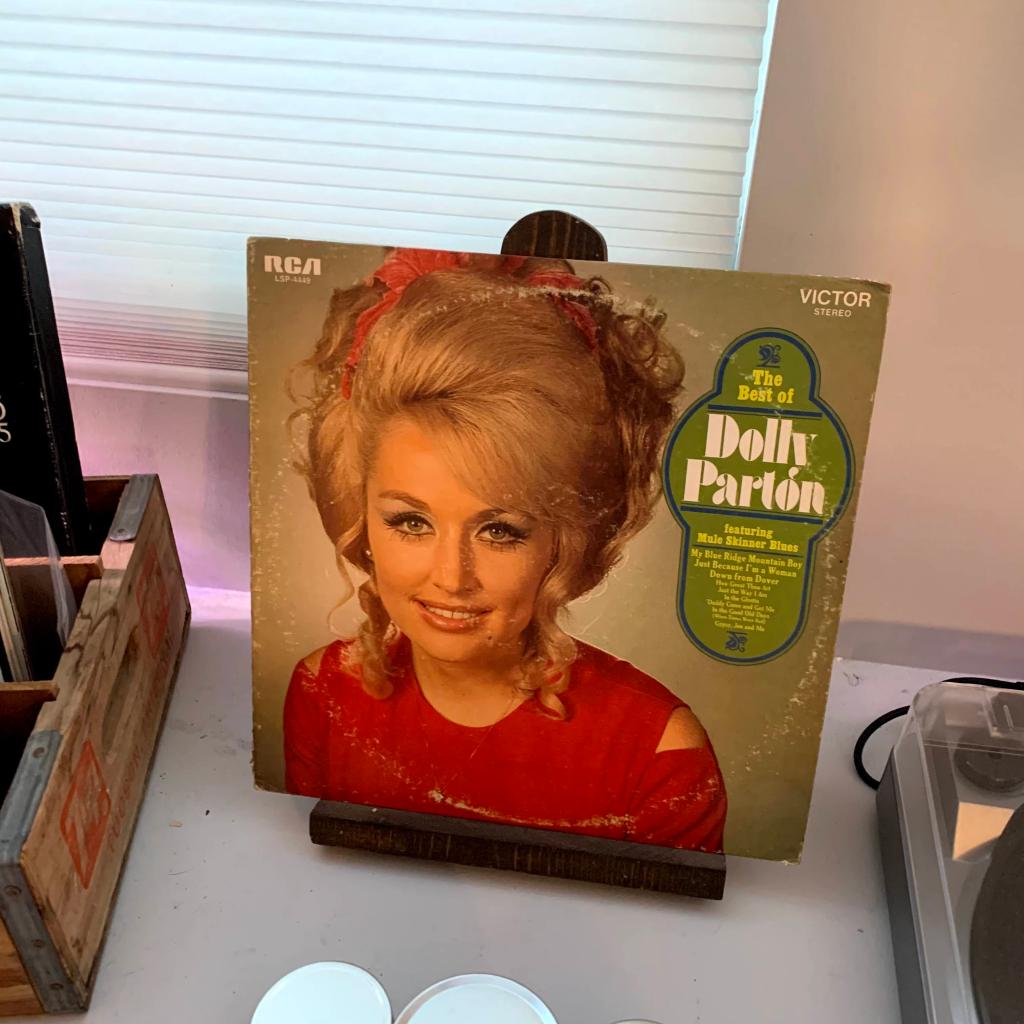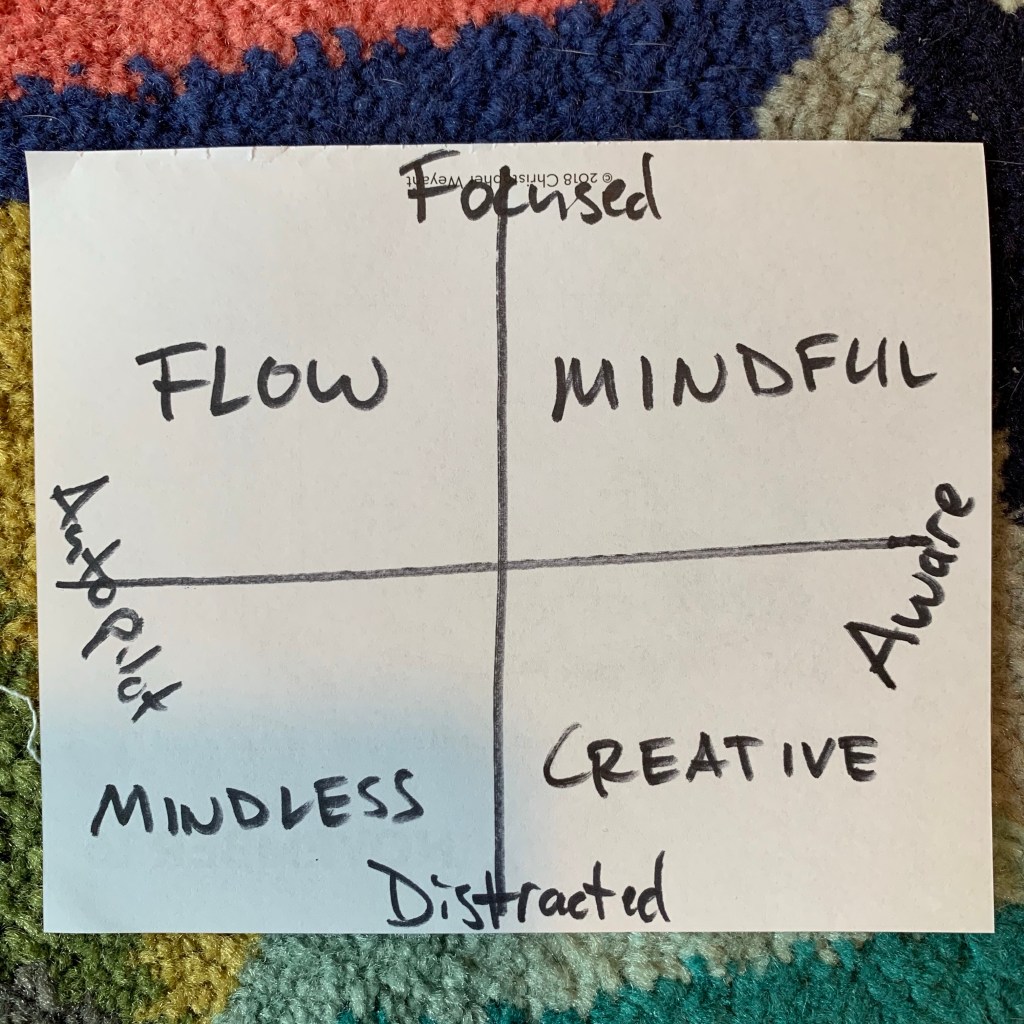There is a continuum our talents or strengths lie on.
At one end, they can be Raw…undiscovered, unpolished.
At the other end they can be Mature…invested into, practiced and thoughtfully utilized.
Raw is not necessarily bad. It can be a sign that there is talent available! You might tend to have a gift of gab and be comfortable talking and thinking out loud. This could be seen as a Raw talent. It has potential!
Moving from Raw to Mature is an ongoing journey. We fluctuate along this continuum.
To show up with a more Mature theme, we can grow in our self or other-awareness. We can practice more. We can add more strategy or long term consideration. We can work to make something have shared awareness rather than just live in our own head. We can go beyond considering ourselves and move from ME to WE thinking.
It’s not about perfection but about going. Don’t worry to get it all right, just try to get a little better.
I’ve learned this idea from doing work on Gallup’s CliftonStrengths/StrengthsFinder tool. Specifically their Gallup Theme Thursday Podcast has some great insight on Raw to Mature…specially Season 2 highlights this.
If you’re looking for more on StrengthsFinder or Strengths in general, check out Carnival Group’s Define-Apply-Grow Worksheet and consider dropping us a line.


